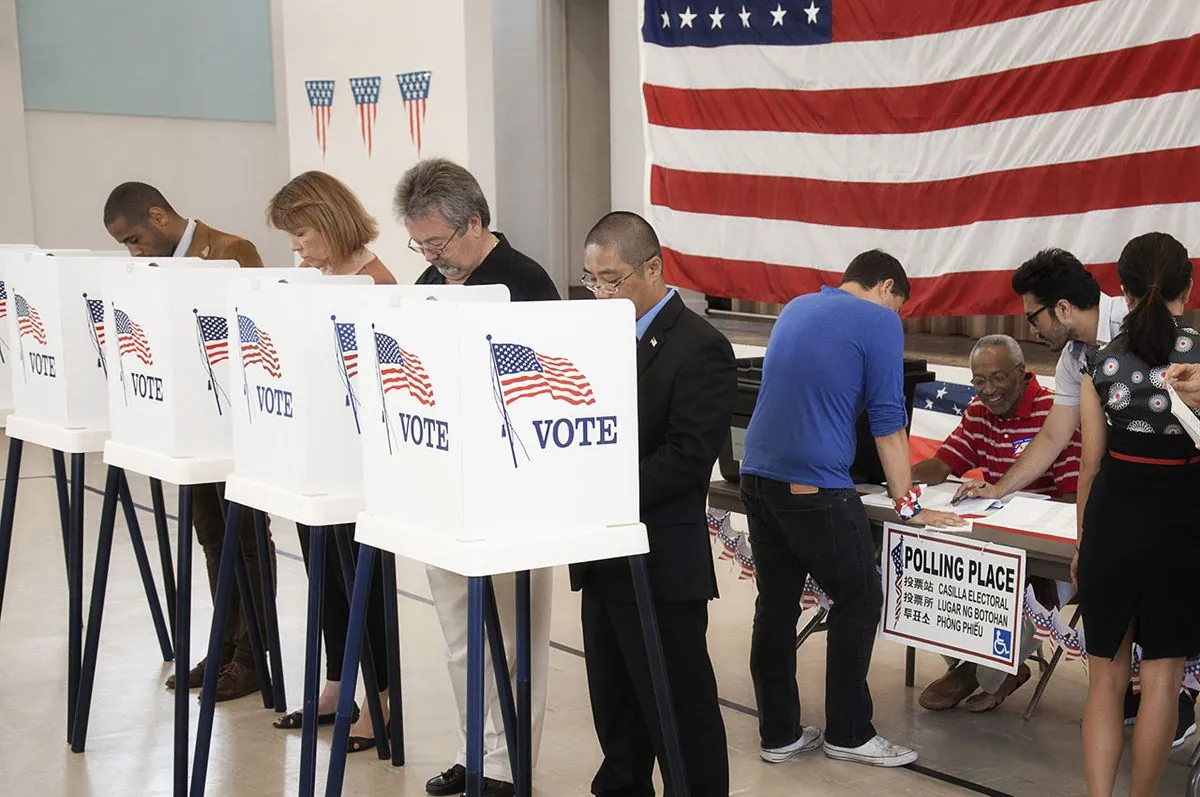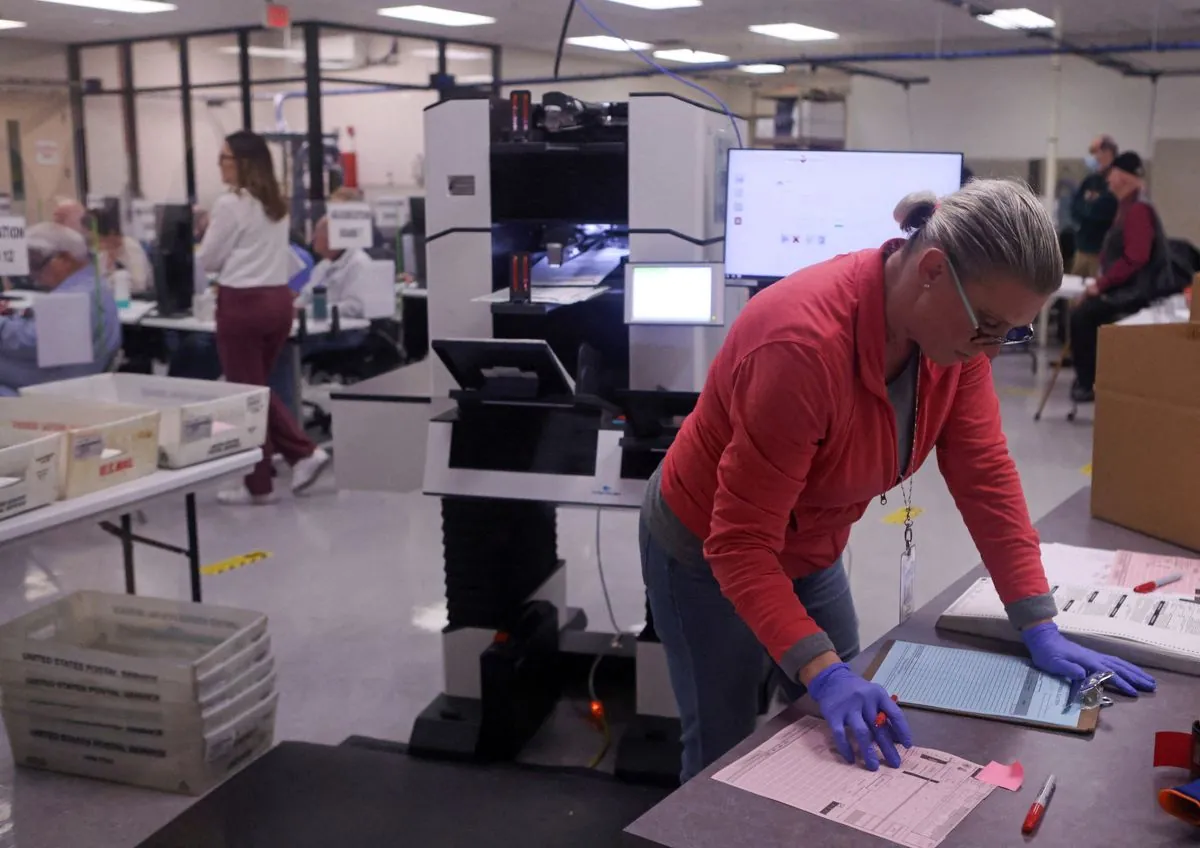Global Democracy Faces Challenges as Election Credibility Declines
IDEA report reveals an 8-year decline in democratic performance, with voter turnout dropping and contested results rising. U.S. shows slight recovery amid ongoing polarization.

The International Institute for Democracy and Electoral Assistance (IDEA) has released a concerning report on the state of global democracy. The Stockholm-based intergovernmental watchdog, established in 1995, highlights a significant decline in democratic performance worldwide.
According to IDEA's latest findings, 2023 marked the eighth consecutive year of deterioration in overall democratic performance, the longest continuous decline since record-keeping began in 1975. This trend is particularly evident in the area of free and fair elections, which experienced its most substantial drop in 2023.
The report utilizes IDEA's Global State of Democracy indexes, which have been published annually since 2017. These indexes evaluate democratic performance based on over 100 variables across four main categories: representation, rights, rule of law, and participation.
One of the most alarming trends identified is the decrease in global voter turnout. In 2023, only 55.5% of eligible voters participated in elections, a significant drop from 65.2% in 2008. This decline in civic engagement poses a serious threat to the legitimacy of democratic processes.
Furthermore, the report reveals a troubling increase in contested election results. Between 2020 and 2024, nearly 20% of elections worldwide saw losing candidates or parties rejecting the outcomes. This trend undermines public trust in electoral systems and potentially destabilizes democratic institutions.

IDEA's Secretary-General, Kevin Casas-Zamora, emphasized the urgency of the situation, stating:
"This report is a call for action to protect democratic elections. The success of democracy depends on many things, but it becomes utterly impossible if elections fail."
The report identifies several factors contributing to the erosion of electoral integrity, including government intimidation, fraudulent voter registration, and irregularities in vote-counting processes. Additionally, the rise of foreign interference, disinformation campaigns, and the use of artificial intelligence in political messaging present new challenges to democratic systems.
While the global trend is concerning, the report notes a slight improvement in the United States' democratic performance over the past two years. However, the country remains deeply polarized, with less than half of Americans (47%) believing the 2020 election was "free and fair."
IDEA, which maintains regional offices in Africa, Asia-Pacific, Europe, and Latin America, collaborates with various international organizations to support sustainable democracy worldwide. The organization's work is guided by the UN Sustainable Development Goals, particularly Goal 16, which focuses on promoting peaceful and inclusive societies.
As democracies face these mounting challenges, IDEA's report serves as a crucial reminder of the need for ongoing vigilance and proactive measures to safeguard electoral processes and strengthen democratic institutions globally.


































